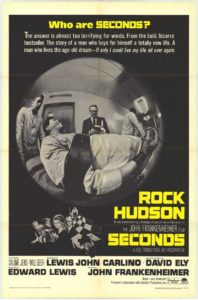The military SF novel that my agent is currently shopping around has two core concepts baked into its world building; that the nationalism does not die away and that the United States becomes a faded empire.
(Let’s set aside the entire debate over the word empire and the evilness of the United States. I am using the term ’empire’ in a generic sense for a vast and dominate political entity.)
All empires fade. This is a fact history has repeated over and over so the fading of the American Empire is hardly going out on a predictive limb. In my world building I decided that the United States took a wrong path in the early 21st century, never recovered it senses, and began a downward spiral that among the interstellar nations reduced it to a second rate power. My principal character in the setting is an American who serves as an officer in the European star forces.
Should the publisher that is currently considering the novel decided to buy it and in 9 to 12 months you end up holding a paperback copy that I think is likely to produce an interesting and false conclusion; that the novel is a critique of American politics as they stand now and in particular Donald Trump.
My agent read the manuscript and we became partners in the literary endeavor two years ago, long before anyone dreamt that a TV reality star might take the presidency. The idea is even older than that. I first began working on the concept, early short stories and th basic world building back in the mists of early time, 1988.
(I can pinpoint it even though I usually have a terrible sense of when an event in my past happened because its creation was at the same time that Star Trek: The Next Generation started its first season.)
A lot changed in the world building for my Nationalized Space setting. The world changed, I adjusted ideas but the two core concepts remained the same. So when you read a book, any book, you may find parallels to the world around you but that doesn’t mean that was the specific intention of the author or that work. Sometimes it really is just coincidence.



